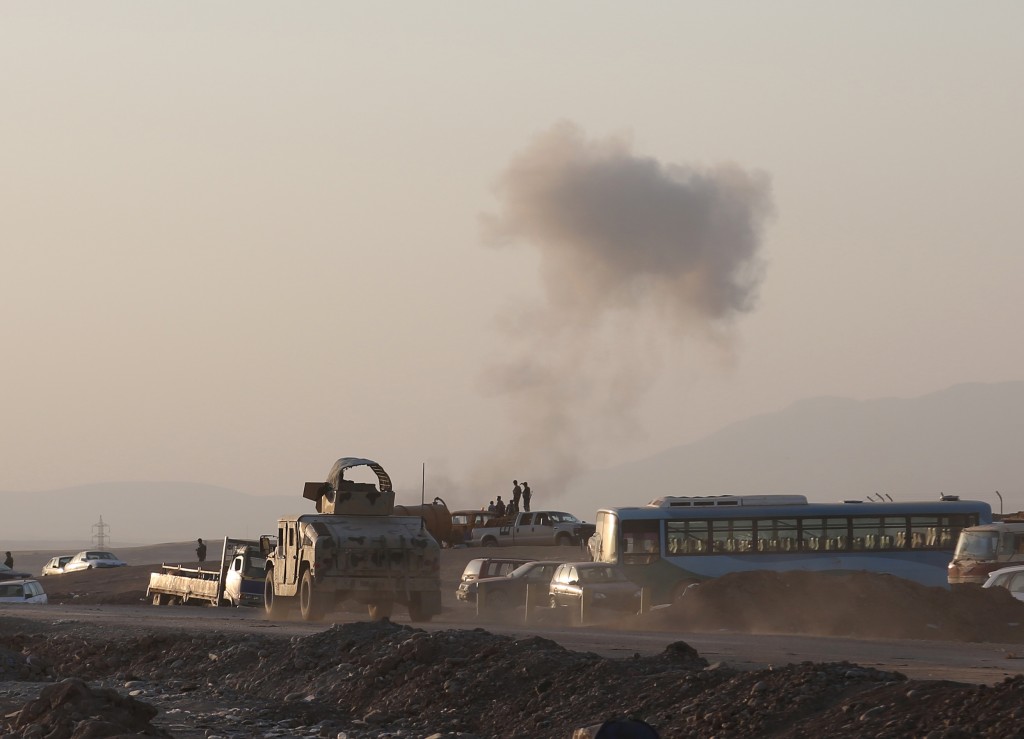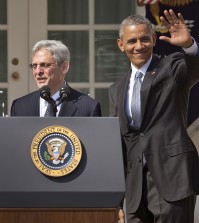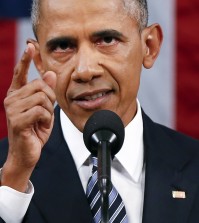- California Assembly OKs highest minimum wage in nation
- S. Korea unveils first graphic cigarette warnings
- US joins with South Korea, Japan in bid to deter North Korea
- LPGA golfer Chun In-gee finally back in action
- S. Korea won’t be top seed in final World Cup qualification round
- US men’s soccer misses 2nd straight Olympics
- US back on track in qualifying with 4-0 win over Guatemala
- High-intensity workout injuries spawn cottage industry
- CDC expands range of Zika mosquitoes into parts of Northeast
- Who knew? ‘The Walking Dead’ is helping families connect
U.S. launches air strikes in Iraq

An armored vehicle belonging to Kurdish Peshmerga fighters rushes to a bombing site as smoke rises after airstrikes targeting Islamic State militants near the Khazer checkpoint outside of the city of Irbil in northern Iraq, Friday, Aug. 8, 2014. The Iraqi Air Force has been carrying out strikes against the militants, and for the first time on Friday, U.S. war planes have directly targeted the extremist Islamic State group, which controls large areas of Syria and Iraq.(AP Photo/ Khalid Mohammed)
WASHINGTON (AP) — U.S. fighters dropped bombs on Islamic militants in Iraq Friday, the Pentagon said, carrying out President Barack Obama’s promise of military force to counter the advancing militants and confront the threat they pose to Iraqi civilians and Americans still stationed there.
Pentagon press secretary Rear Adm. John Kirby said that two F/A-18 jets dropped 500-pound bombs on a piece of artillery and the truck towing it. Kirby said the fighters had taken off from the aircraft carrier USS George HW Bush in the Persian Gulf to conduct the mission. He said it wasn’t clear how many militants might have been killed in the strike.
The Pentagon said the militants were using the artillery to shell Kurdish forces defending Irbil.
For the United States, it was a re-engagement in the long sectarian war from which American combat forces had been withdrawn — on President Barack Obama’s orders — in late 2011.
In a televised speech Thursday night, Obama threatened to renew U.S. military involvement. At the same time, he announced that U.S. military planes already had carried out airdrops of food and water, at the request of the Iraqi government, to tens of thousands of Iraqi religious minorities atop a mountain surrounded by militants and desperately in need of supplies.
“America is coming to help,” Obama declared.
Speaking to reporters while traveling in India Friday, Defense Secretary Chuck Hagel said the U.S. military has sufficient intelligence resources and assets in place to launch strikes by both manned and unmanned aircraft in the region.
The Yazidis, who follow an ancient religion with ties to Zoroastrianism, fled their homes after the Islamic State group issued an ultimatum to convert to Islam, pay a religious fine, flee their homes or face death.
“Earlier this week, one Iraqi in the area cried to the world, ‘There is no one coming to help.’ Well, today, America is coming to help,” Obama said. “We’re also consulting with other countries — and the United Nations — who have called for action to address this humanitarian crisis.”
The announcement reflected the deepest American engagement in Iraq since U.S. troops left.
Mindful of the public’s aversion to another lengthy war, Obama vowed anew not to put American combat troops back on the ground in Iraq and said there was no U.S. military solution to the crisis.
“As commander in chief, I will not allow the United States to be dragged into fighting another war in Iraq,” Obama said.












![일본 사도광산 [서경덕 교수 제공. 재판매 및 DB 금지]](http://www.koreatimesus.com/wp-content/uploads/2024/07/PYH2024072610800050400_P4-copy-120x134.jpg)


